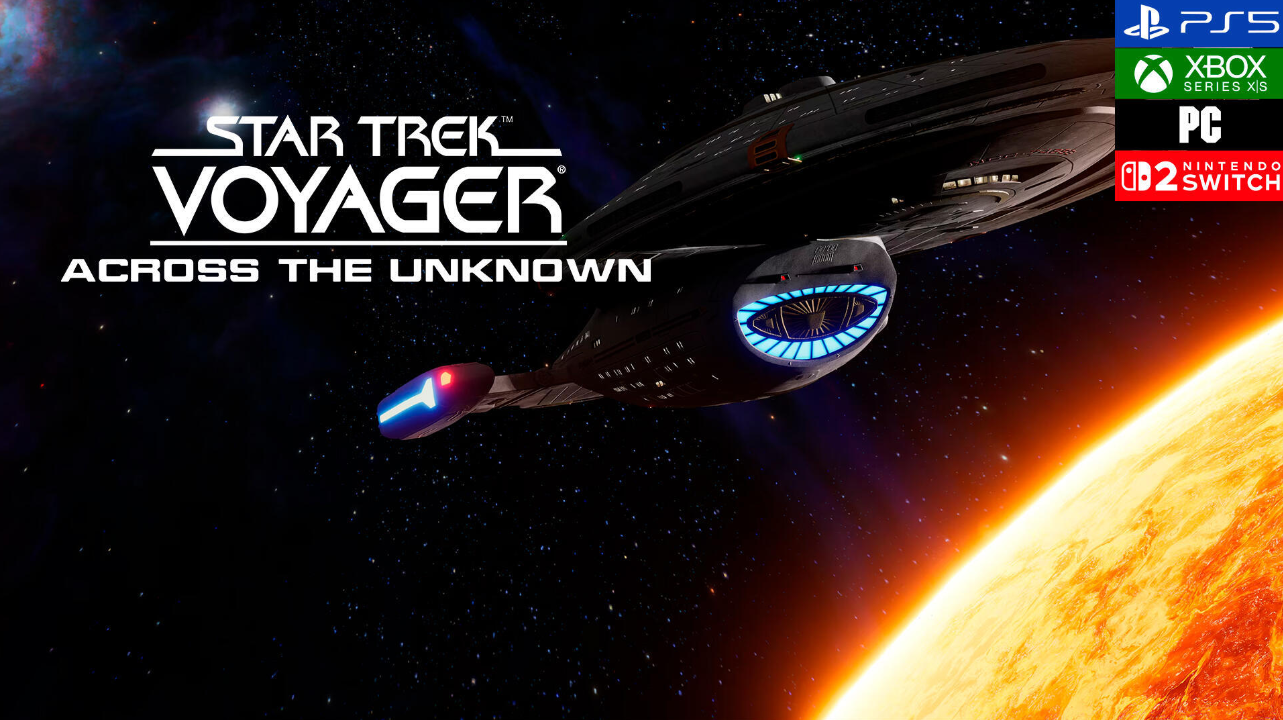The report is a result of a survey run by the Game Developers Conference to gauge the current state of the gaming industry.
In a new report about the current state of the gaming industry by the GDC (Game Developers Conference), it appears that live service titles are still a big thing for companies. One of the key takeaways from the report, aside from many others, is that one-third of all AAA developers are currently working on live-service game.
While the live-service market has proven volatile at the best of times, with only a few games managing to maintain a large enough audience to ensure profitability, and most live-service titles either getting shut down shortly after release (as was the case with Concord), or just being cancelled outright (like The Last of Us Online).
“One in every three AAA developers surveyed (33%) noted that they are working on a live-service title,” says the report. “Across the entire survey base, 16% are currently working on a live-service game, and while 13% noted they are interested in developing live service games, 41% expressed that they were not interested at all.”
The report also notes that opinions on live-service games are quite different depending on which developer you talk to. Some developers appreciate the financial and community-building affects of a successful live-service game, while others are concerned about things like creative stagnation, microtransactions, and predatory practices.
“One of the biggest concerns surrounding live-service gaming was market oversaturation, with many developers noting how hard it is to build a sustainable player base,” says the report.
The survey also gave us a few other bits of interesting data, including the fact that development of PC games has gone up since the last survey. Compared to 66% of developers confirming that they were working on PC games, this time around, the number of PC game developers has climbed up to 80%.
The report notes that this was likely thanks to handheld gaming PCs becoming popular, and especially the success of the Steam Deck. A similar jump was also noticed in the popularity of browser-based games.
While the more popular live-service games have seen quite a bit of financial success, and have a wide range of genres from MMORPGs like World of Warcraft and Final Fantasy 14 to titles like Destiny 2, and even competitive shooters like Counter-Strike 2, Overwatch 2 and Marvel Rivals, it is worth noting that several have also been shut down due to a lack of players.
One of the more notable examples in recent times has been competitive shooter Concord, which saw a launch so bad that Sony decided to shut the game’s servers down and refund all players just two weeks after its release. The effects of Concord‘s failure have been seemingly far-reaching, with developer Firewalk being shut down in its wake, and rumours that other in-development live-service games are also being cancelled. An example of this is the rumoured cancellation of a live-service project at Bend Studios.
More recently, the long-rumoured Horizon-based MMORPG that was being developed by Guild Wars 2 studio NCSoft may have also been cancelled, with development being shut down and the developers being moved to other teams in the company. However, more recent rumours indicate that this might not have been the case.







